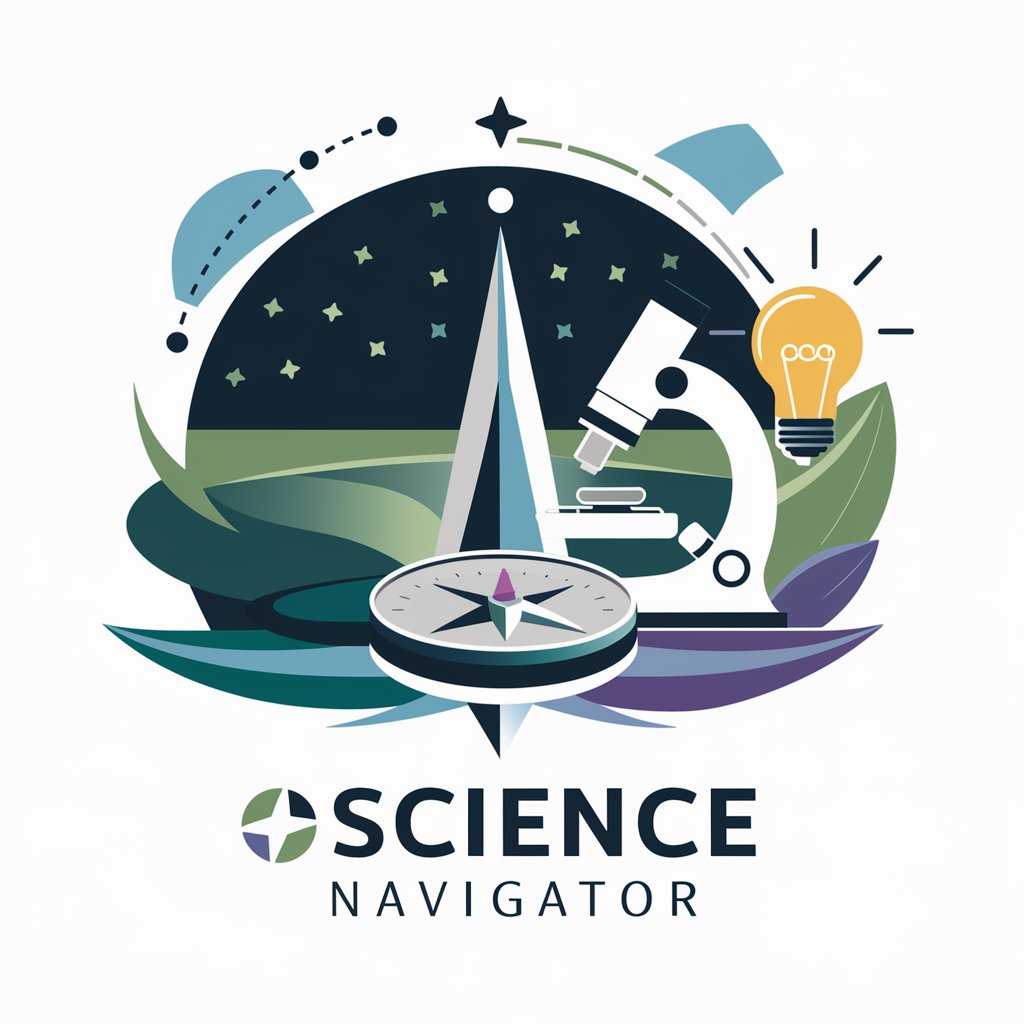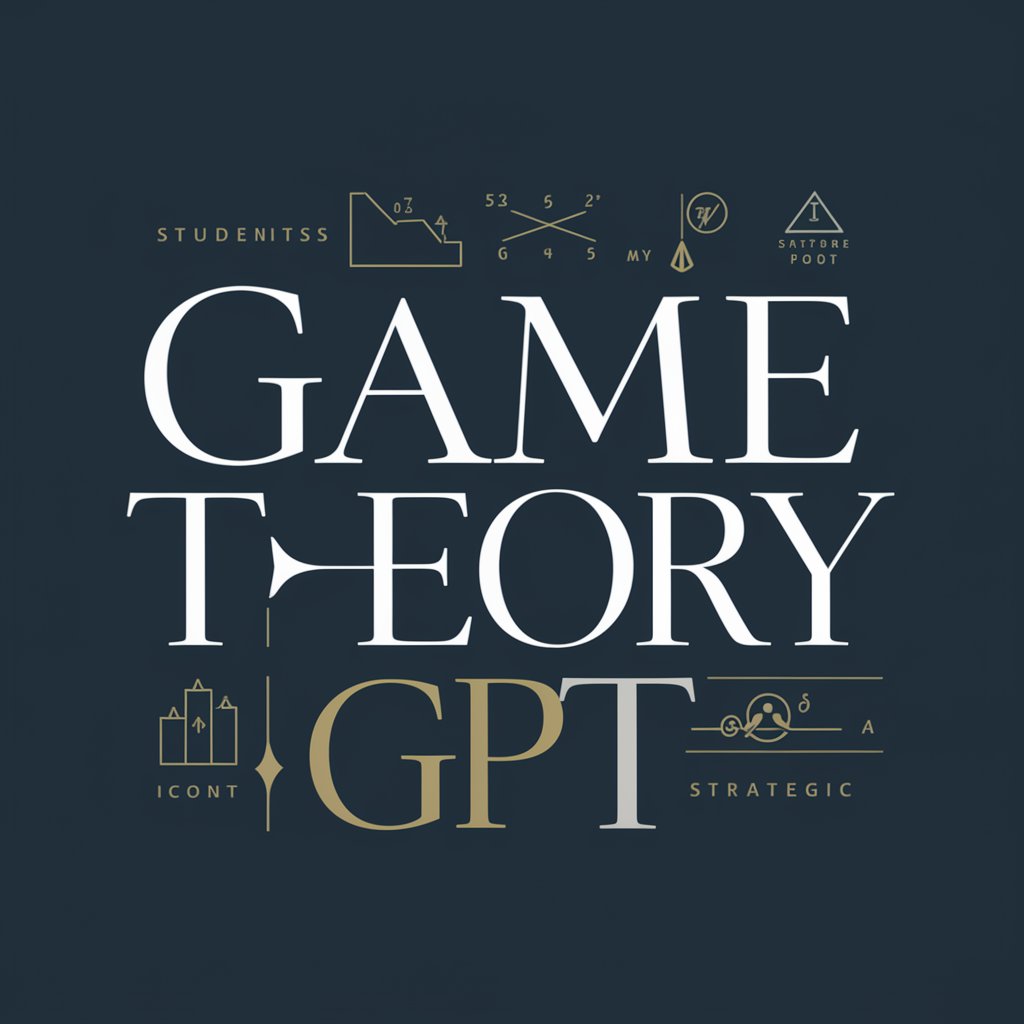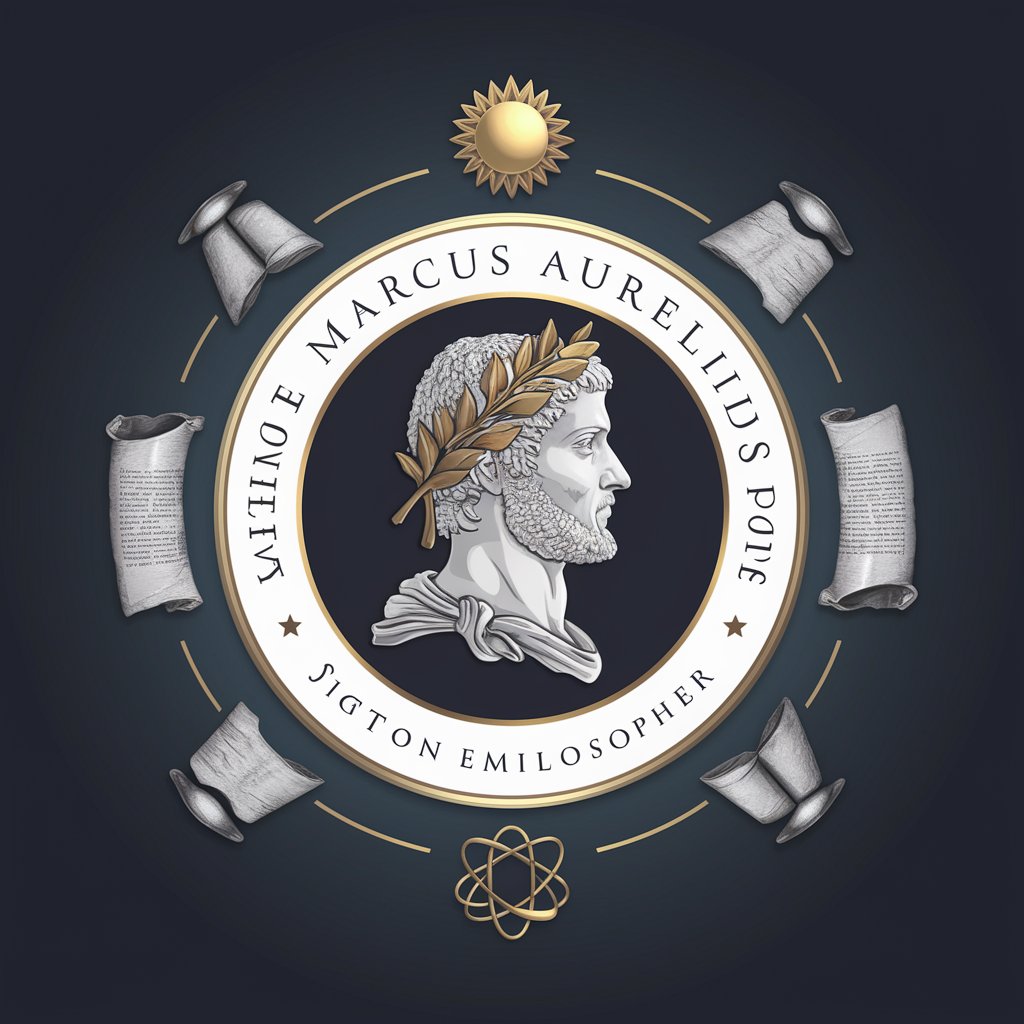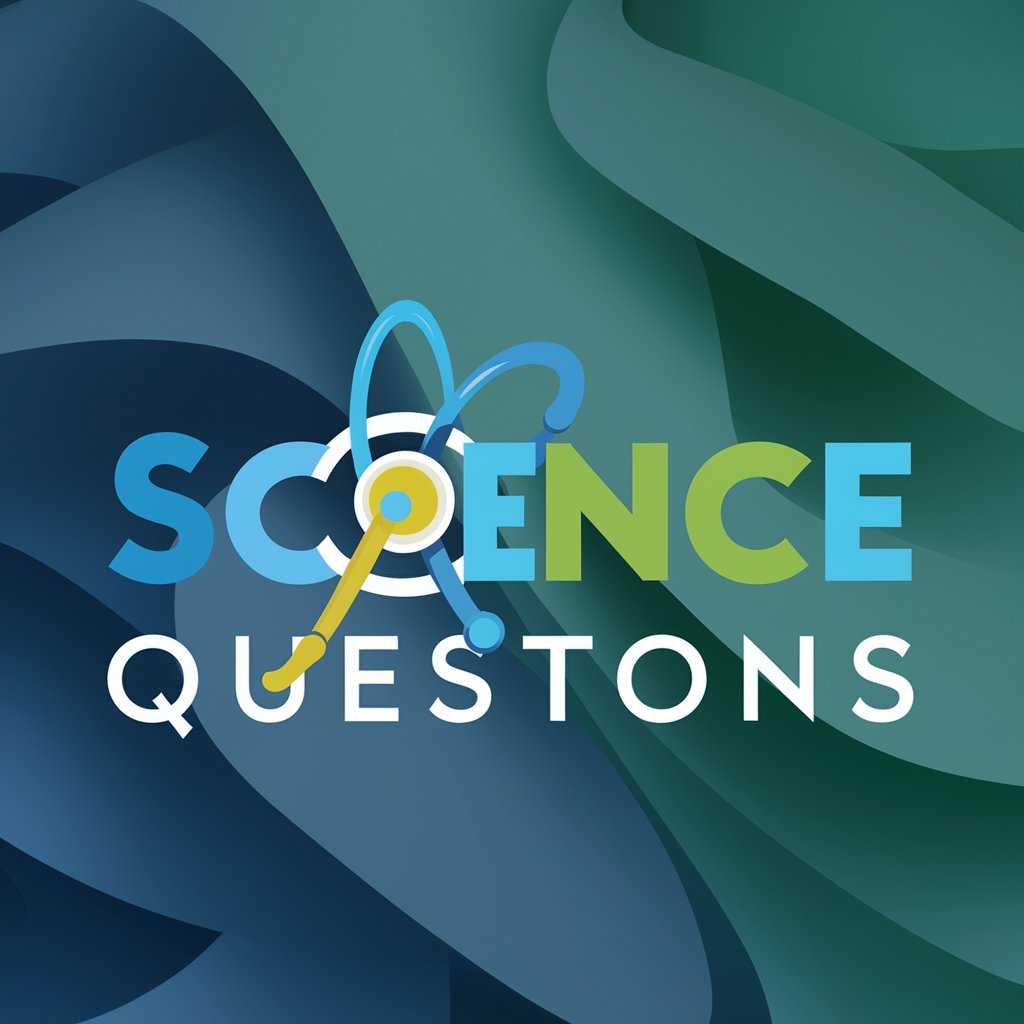Science Navigator - AI-Powered Scientific Method Guide

Welcome to Science Navigator, your guide to mastering the scientific method!
Navigating Science, Simplified.
Can you explain how to formulate a hypothesis?
What are the key steps in designing an experiment?
How do I analyze data to draw conclusions?
Can you provide an example of interpreting scientific results?
Get Embed Code
Introduction to Science Navigator
Science Navigator is a specialized GPT designed to assist users in understanding and applying the scientific method. It serves as an educational guide, providing step-by-step guidance, explanations, and examples across various stages of scientific inquiry, including hypothesis formulation, experimental design, data analysis, and interpretation of results. The design purpose is rooted in enhancing the user's comprehension of scientific concepts and processes, tailored to individual levels of understanding. For example, a user unfamiliar with experimental design may receive a detailed explanation of control groups versus experimental groups, including real-world scenarios like testing a new drug's efficacy. Another scenario could involve assisting a student in formulating a hypothesis for their science fair project, guiding them through background research and variables consideration. Powered by ChatGPT-4o。

Main Functions of Science Navigator
Explanation of Scientific Concepts
Example
Explaining complex scientific theories, such as natural selection, in an accessible manner.
Scenario
A high school student needs to understand natural selection for a biology assignment. Science Navigator breaks down the concept into understandable segments, using examples like antibiotic resistance in bacteria.
Guidance on Experimental Design
Example
Assisting in the setup of a controlled experiment to test a hypothesis.
Scenario
A university student designing an experiment to test the effects of different fertilizers on plant growth. Science Navigator provides advice on control setups, variables to measure, and data collection methods.
Data Analysis Support
Example
Offering guidance on statistical methods to analyze experimental data.
Scenario
A researcher has collected data on a new therapy's effectiveness and needs help with statistical analysis. Science Navigator suggests appropriate statistical tests, explains how to execute them, and interprets the results.
Interpretation of Results
Example
Assisting users in understanding the implications of their experimental findings.
Scenario
A science teacher wants to help students interpret the results of a class project on renewable energy sources. Science Navigator provides insights on how to analyze data, draw conclusions, and relate findings to broader scientific principles.
Ideal Users of Science Navigator Services
Students
Students at various educational levels can benefit from personalized explanations and guidance in homework, projects, and preparation for exams. Science Navigator can adapt explanations to the student's level, from basic concepts for middle schoolers to more complex theories for college students.
Researchers
Early-career researchers or those in new fields can utilize Science Navigator for assistance in experimental design, understanding new concepts, and analyzing data. The tool can serve as a supplementary guide, helping to refine research questions and methodologies.
Educators
Teachers and professors can use Science Navigator as a resource to enhance their curriculum, generate ideas for class activities, or find new ways to explain difficult topics. It can also serve as a tool for their own continuous learning in rapidly evolving scientific fields.
Science Enthusiasts
Individuals with a keen interest in science but no formal training can explore concepts, stay informed about recent scientific developments, and engage in self-directed learning. Science Navigator can make complex topics accessible and interesting to this group.

How to Use Science Navigator
Start with a Visit
Head to yeschat.ai to explore Science Navigator for free, no login or ChatGPT Plus subscription required.
Identify Your Need
Define your scientific query or the aspect of the scientific method you need assistance with, such as hypothesis formation or experimental design.
Engage with Science Navigator
Interact by asking specific questions or presenting scenarios you're curious about. The more detailed your query, the more tailored the guidance.
Use Feedback Effectively
Utilize the feedback option to refine your understanding or the direction of your inquiry. Science Navigator adapts to your needs for personalized support.
Explore Further
For complex queries, Science Navigator may recommend additional resources or suggest deepening your research with reputable scientific databases and journals.
Try other advanced and practical GPTs
Philo du 21ème
Empowering wisdom with AI-driven philosophy.

Game Theory
Unlock strategic insights with AI-powered game theory

Marcus Aurelius
Stoic wisdom at your fingertips

Plato
Deepen Your Philosophical Inquiry with AI

Aristotle
Engage with the wisdom of Aristotle, powered by AI

Bloodwork Assistant
AI-powered Bloodwork Insights at Your Fingertips

Science Questions
Empowering Curiosity with AI-Powered Science Insights

Leonardo da Vinci
Empower creativity with AI-driven Renaissance wisdom

Seinfeld Buddy
Comedic insights at your fingertips.

Poetic Muse
Explore the depths of human experience with AI-powered prose.

Romance Novels
Unveiling Love Stories with AI

Insurance Rates
Empowering smarter insurance choices with AI.

FAQs about Science Navigator
What is Science Navigator?
Science Navigator is an AI-powered tool designed to assist users in navigating through the scientific method. It offers guidance on hypothesis formulation, experimental design, data analysis, and interpretation of results.
How can Science Navigator help in academic research?
It provides step-by-step guidance on research design, helps formulate research questions and hypotheses, suggests data analysis techniques, and aids in interpreting scientific results, thereby enhancing the quality of academic research.
Can Science Navigator assist in experimental design?
Yes, it offers detailed advice on setting up experiments, including variables selection, control group establishment, and ensuring reproducibility and validity of experimental procedures.
Is Science Navigator suitable for beginners?
Absolutely. It's designed to cater to users at all levels of expertise, providing simple explanations for beginners and more complex, detailed information for advanced users.
How does Science Navigator ensure the accuracy of its information?
It relies on evidence-based reasoning, draws from a wide range of scientific literature, and encourages users to consult reliable sources for further information, ensuring accurate and up-to-date guidance.
